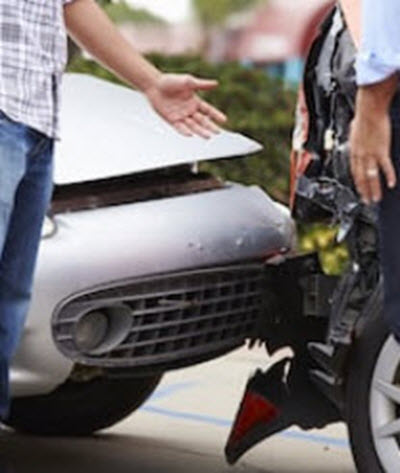Most vehicle collisions are not “accidents.” In fact, human error causes about 95 percent of these incidents. Frequently, the error occurs before the tortfeasor (negligent driver) even gets behind the wheel.
Since driving impairment usually involves the intentional disregard of other peoples’ safety, a Brandon car accident attorney can normally obtain substantial compensation in these instances. This compensation usually includes money for economic losses, such as medical bills, and noneconomic losses, such as pain and suffering.
Alcohol
Despite a decades-long crackdown against “drunk drivers,” alcohol still causes about a third of the fatal car crashes in Florida. Driving impairment begins with the first sip of alcohol. This impairment includes delayed reactions and impaired judgement. These qualities might make a person fun at parties, but they are incredibly dangerous when driving.
In court, victim/plaintiffs may use circumstantial evidence to establish driving impairment. Such evidence includes things like:
- Odor of alcohol,
- Slurred speech, and
- Bloodshot eyes.
If the tortfeasor was legally intoxicated, the tortfeasor may be responsible for damages as a matter of law. It does not matter how careful, or how careless, the person was.
Alcohol-related collisions often involve third-party liability. Bars, restaurants, and other commercial providers may be legally responsible for damages if they sell alcohol to people who later cause car crashes. Vicarious liability theories, like dram shop liability, give victims an additional source of compensation in catastrophic injury situations, like wrongful death claims.
Drowsiness
Alcohol and fatigue have roughly the same effect on the mind. Sleepy drivers and drunk drivers both have impaired reflexes and judgment. In fact, driving after eighteen consecutive awake hours is like driving with a .05 BAC level.
These two conditions have something else in common. There are no quick fixes. Only time cures alcohol impairment, and only sleep addresses fatigue. Shortcuts, like drinking coffee, do not adequately address either condition.
Drugs
In many jurisdictions, there are more “drugged” drivers than “drunk” drivers. Drug impairment may come from:
- Heroin, LSD, and other street drugs,
- Oxycontin, Fentanyl, and other opioid painkillers, or
- NyQuil, Sominex, and certain other over-the counter drugs.
The same liability rules apply in both alcohol and drug cases. DUI-drug drivers may be liable for damages as a matter of law. In other situations, victim/plaintiffs may use circumstantial evidence, like pill bottles and physical symptoms, to establish impairment.
Medical Condition
Generally, it is not illegal to drink, take medicine, or stay up late. But it is illegal, or at least unsafe, to drive in these situations.
Epilepsy, heart disease, diabetes, and other similar medical conditions are much the same. Hundreds of thousands of Floridians struggle with these conditions. People with these chronic illnesses should not drive. If they lose consciousness behind the wheel, they often cause serious loss-of-control collisions.
Circumstantial evidence of medical impairment includes things like erratic driving before the crash and certain medical diagnoses. There may be direct evidence as well. The state usually suspends the drivers’ licenses of people with certain medical conditions. People without valid licenses are usually incompetent as a matter of law.
Distraction
Much like the other kinds of impairment, distraction, and especially device distraction, involves an intentional disregard of the safety of others. Most people agree that using a cell phone while driving is dangerous, yet most people admit they use such devices. Hand-held gadgets combine all three forms of distraction, which are:
- Cognitive (mind off driving),
- Visual (eyes off the road), and
- Manual (hand off the wheel).
Hands-free phones may be even worse. These devices are visually and cognitively distracting. Furthermore, since they give people a false sense of security, drivers may take too many chances behind the wheel.
Florida lawmakers recently approved a limited hands-free law. Tortfeasors who text and drive are presumably negligent. In other cases, circumstantial evidence, like web browsing logs, may establish driving impairment.
Team Up with Dedicated Attorneys
Impaired drivers frequently cause serious injuries. For a free consultation with an experienced car accident injury lawyer in Brandon, contact Reed & Reed, Attorneys at Law. We have four area offices (St. Petersburg, Lakeland, Tampa, and Clearwater).
Resource:
digitaltrends.com/cars/2016-nhtsa-fatality-report/
https://needreed.com/top-three-traffic-tickets-in-hillsborough-county/

